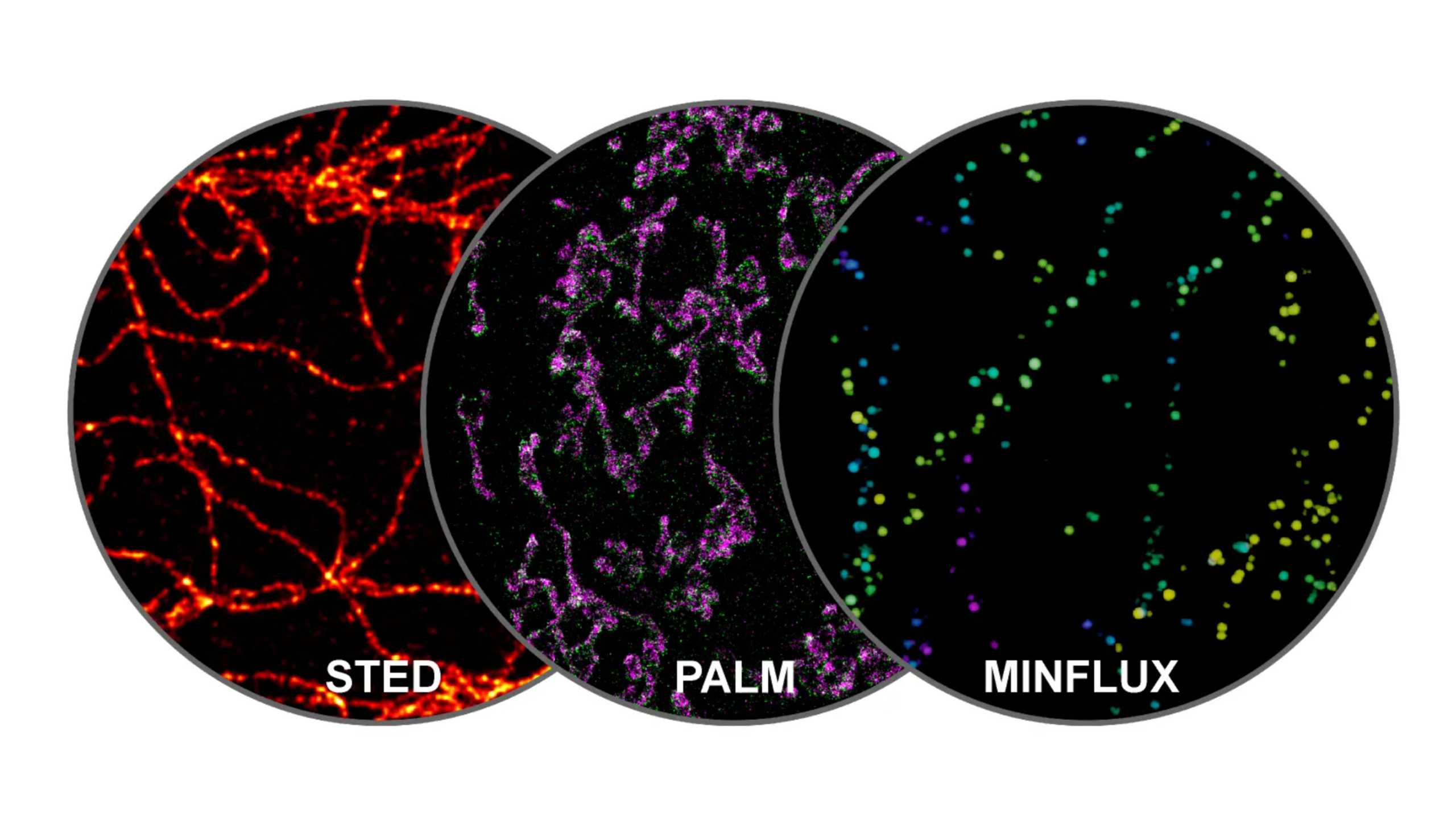Warm – warmer – neuronal rapid fire: How the brain gets used to heat

For the first time, researchers from the Heidelberg Medical Faculty of the Heidelberg University describe a cell-specific neuronal mechanism associated with heat tolerance in the journal Nature Neuroscience.

Animals and humans develop a certain tolerance to prolonged heat: the body adjusts to release heat instead of generating it, and the metabolism and cardiovascular system adapt. Researchers at the Heidelberg Medical Faculty at the Heidelberg University have now examined the underlying adaptive mechanisms in the brain of mice that had become accustomed to a constant temperature of 36 degrees Celsius for 30 days. They discovered that a specific group of heat-sensitive nerve cells in a central brain area, the hypothalamus, was unusually active and continuously emitted signals. Exactly which mechanisms these signals set in motion to prevent overheating remains to be investigated. However, since the animals lost their heat tolerance as soon as the activity of these neurons was suppressed, they appear to play an essential role in keeping body temperature in check when it is persistently hot. The work, published in the journal Nature Neuroscience, thus offers a first glimpse at how nerve cells in the brain change their behavior in response to prolonged exposure to elevated temperatures.
The research group is led by Professor Dr. Jan Siemens, who is investigating how nerve cells in the brain sense temperature and regulate body temperature in response at the Institute of Pharmacology at the Heidelberg Medical Faculty. He considers the new findings to be particularly valuable in the context of global warming: “If we want to help people whose health suffers from rising temperatures in the future, we should know how heat acclimatization works in the body and how we can possibly support it. Our results are a first step in this direction.”
Non-stop firing from the temperature control center
The most important finding of the recently published work is that there is a special subgroup of heat-sensitive neurons in the brain (preoptic neurons of the hypothalamus) that reacts explicitly to long-term heat stress. Unlike similar cells in this area of the brain, a few hours or a few days of heat does not yet activate them. However, the longer the heat lasts, the more active – literally “excited” – they become. In mice kept at 36 degrees Celsius for 30 days, they ultimately passed on activation signals to their neighbors at a very high frequency – a neuronal barrage from the brain’s temperature control center.
In animal testing, this had a concrete effect on the animals’ heat tolerance: mice that had become accustomed to this temperature for 30 days could also withstand heat of 39 degrees Celsius for more than 24 hours on average without their body temperature reaching critical levels. Mice that had not been previously acclimatized, on the other hand, could only withstand the higher temperatures for a maximum of six hours. After that, they were no longer able to maintain their body temperature close to normal 37 degrees Celsius. Mice that had been acclimatized for four days were able to withstand the temperatures for 20 hours.
Heat tolerance thanks to the brain’s thermostat
The team was able to show that there is a causal link between the slow heat adaptation and heat tolerance by artificially activating or switching off these special cells in the brains of living mice. This is possible thanks to very precisely engineered genetic modifications that ensure that exactly these nerve cells are switched off by administering a chemical agent or switched on by light irradiation. When the scientists deactivated the hypothalamic cells in acclimatized mice, they could only withstand the heat of 39 degrees for two hours before their body temperature rose. When the cells were artificially activated, mice that had not been acclimatized were able to tolerate the heat, but only after three days of artificial cell activation. “We confirmed the results in cell experiments: It seems that these are the nerve cells in the brain’s thermostat that ensure that mice – and probably other mammals such as humans – get used to heat,” says Professor Siemens.
Preventing health risks from heat
“What is surprising is the slow reaction of the nerve cells; the change takes several days to fully develop. Other neuronal adaptations are much faster. From a biological point of view, however, this makes sense, because the body reacts to shorter periods of heat with protective mechanisms such as increased heat dissipation through blood vessels in the skin, and in humans, increased sweating. In the case of prolonged heat, other strategies are also needed, such as a change in fat metabolism or heart function,” says the biologist. “We will continue to investigate which signaling pathways are activated for this purpose and how this information from the hypothalamus reaches the target tissue.” In addition, Siemens would like to examine whether the knowledge gained can be used to better counteract health risks posed by long periods of heat, such as circulatory failure.
This study was funded by the European Research Council (ERC) Consolidator Grant (ACCLIMATIZE – Hypothalamic mechanisms of thermal homeostasis and adaptation, running from 2018 to 2025).
Literatur
Ambroziak, W., Nencini, S., Pohle, J. et al. Thermally induced neuronal plasticity in the hypothalamus mediates heat tolerance. Nat Neurosci (2024). https://doi.org/10.1038/s41593-024-01830-0
Weitere Informationen im Internet
Pharmakologisches Institut an der Medizinischen Fakultät Heidelberg der Universität Heidelberg
Arbeitsgruppe Prof. Siemens
Siemens-Lab
SFB 1158
Kontakt
Prof. Dr. Jan Siemens
Pharmakologisches Institut
Medizinische Fakultät Heidelberg der Universität Heidelberg
E-Mail: jan.siemens@pharma.uni-heidelberg.de




